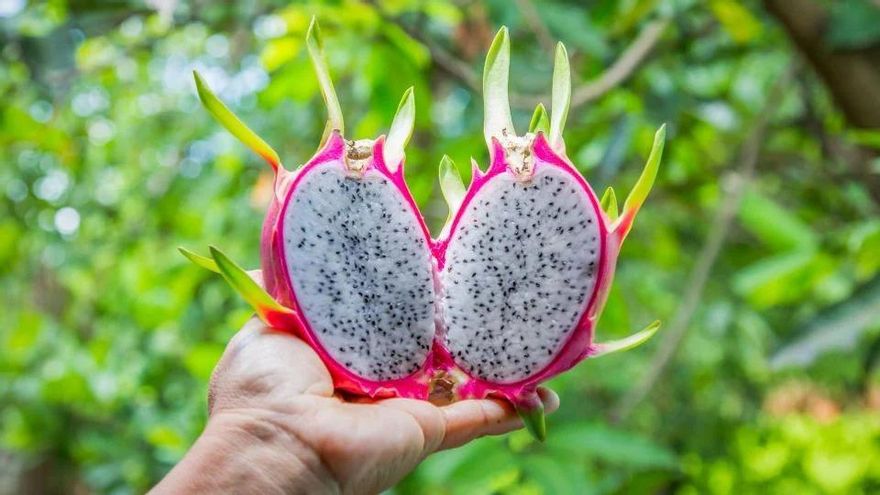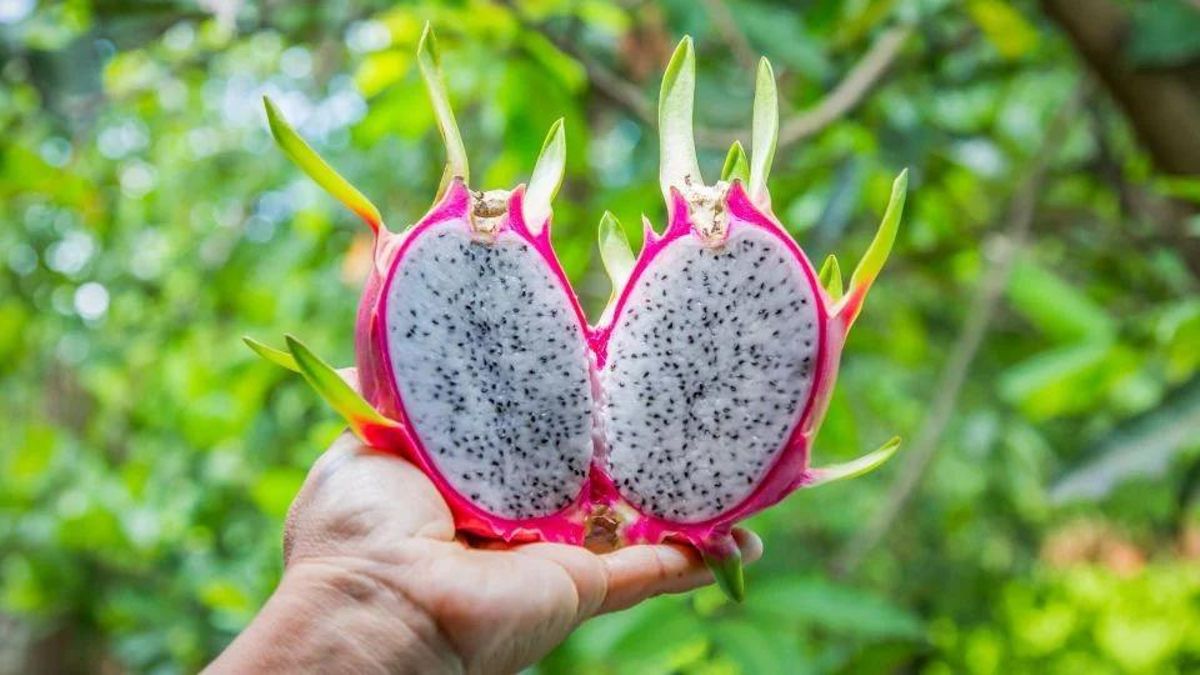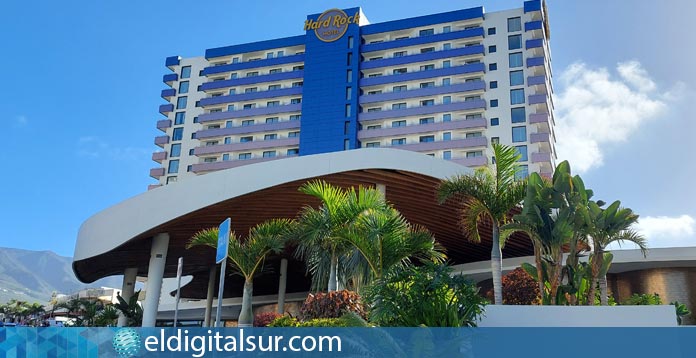Boost for Pitaya Cultivation on the Island

Boost for Pitaya Cultivation on the Island. The Primary Sector and Animal Welfare Department of the Cabildo de Tenerife has approved a collaboration agreement with the Canary Islands Institute of Agricultural Research (ICIA) for the development of the Pitamed project. This is a national initiative aimed at promoting the sustainable cultivation of this tropical fruit, originally from America, through research, technology transfer, and innovation.
Lope Afonso, the Vice-President of the Cabildo, highlights that this agreement “positions Tenerife as one of the leading islands in agricultural diversification and innovation in high-value tropical crops such as pitaya, the demand for which is growing both nationally and internationally.” He adds, “This is a project of general interest, funded at the state level and led technically from Tenerife and Canary Islands.”
The Minister of Primary Sector and Animal Welfare, Valentín González, states that the Pitamed project “is part of the funding call from the Spanish Agricultural Guarantee Fund (FEGA), within the strategic framework of the CAP, and has been approved by the European Innovation Partnership (EIP-Agri).”
This agreement positions Tenerife as one of the leading islands in agricultural diversification
The Cabildo de Tenerife participates through its Technical Agricultural Service as a member of the operational group alongside ICIA, ANECOOP, Coagrisan (Gran Canaria), the University of Almería, and other sector entities. The approved agreement facilitates a funding contribution of €43,120 to be managed by ICIA from the island’s 2025 budget.
Both Afonso and González indicate that the objectives of the Pitamed project are to assess pitaya varieties and cultivation systems in greenhouses and outdoor conditions, study irrigation, fertilisation and pest control needs, improve artificial pollination techniques and post-harvest processes, design a protocol for processing it as a ready-to-eat product, and disseminate results among producers and professionals in the sector, among other aims.
The project will be developed between September 2025 and January 2027, with the possibility of an extension. Additionally, a joint monitoring committee will be established between ICIA and the Cabildo to ensure the technical, scientific, and budgetary compliance of the actions.














